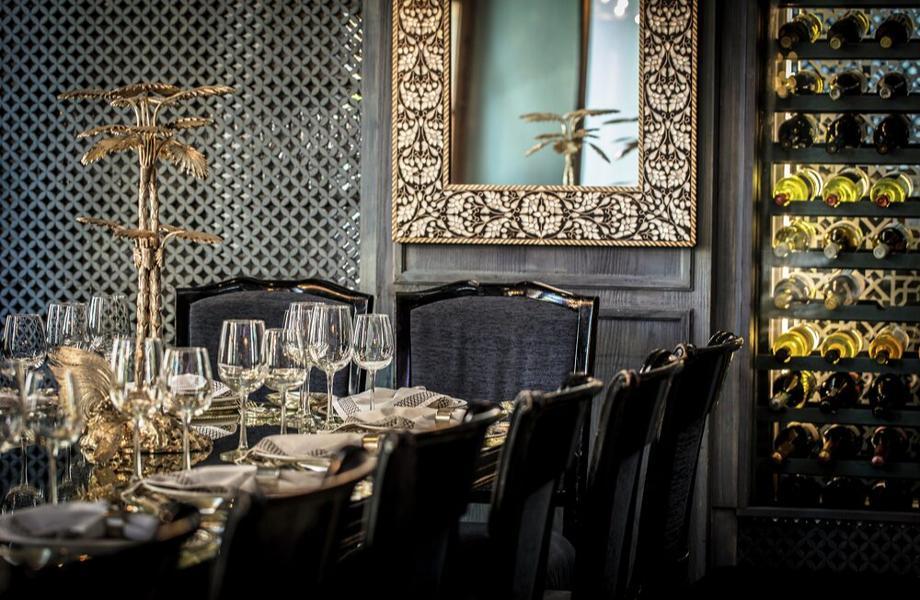Lebanon
WELCOME TO Lebanon
Country Overview
Beirut
10,452 km2
6.8 million
Arabic
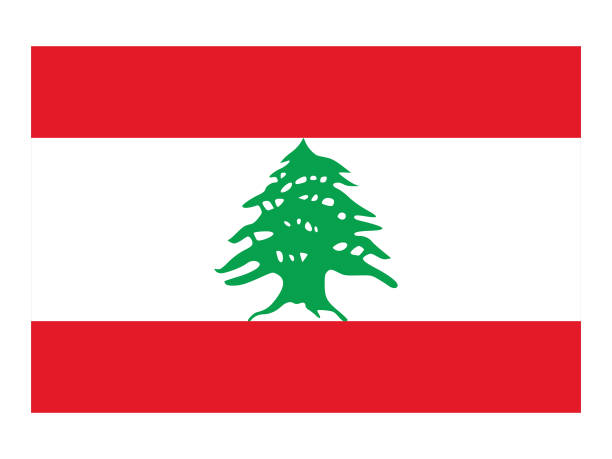
Popular
Geography and Tourist Attractions
Information about the country's tourist attractions, including popular destinations, events, and activities.
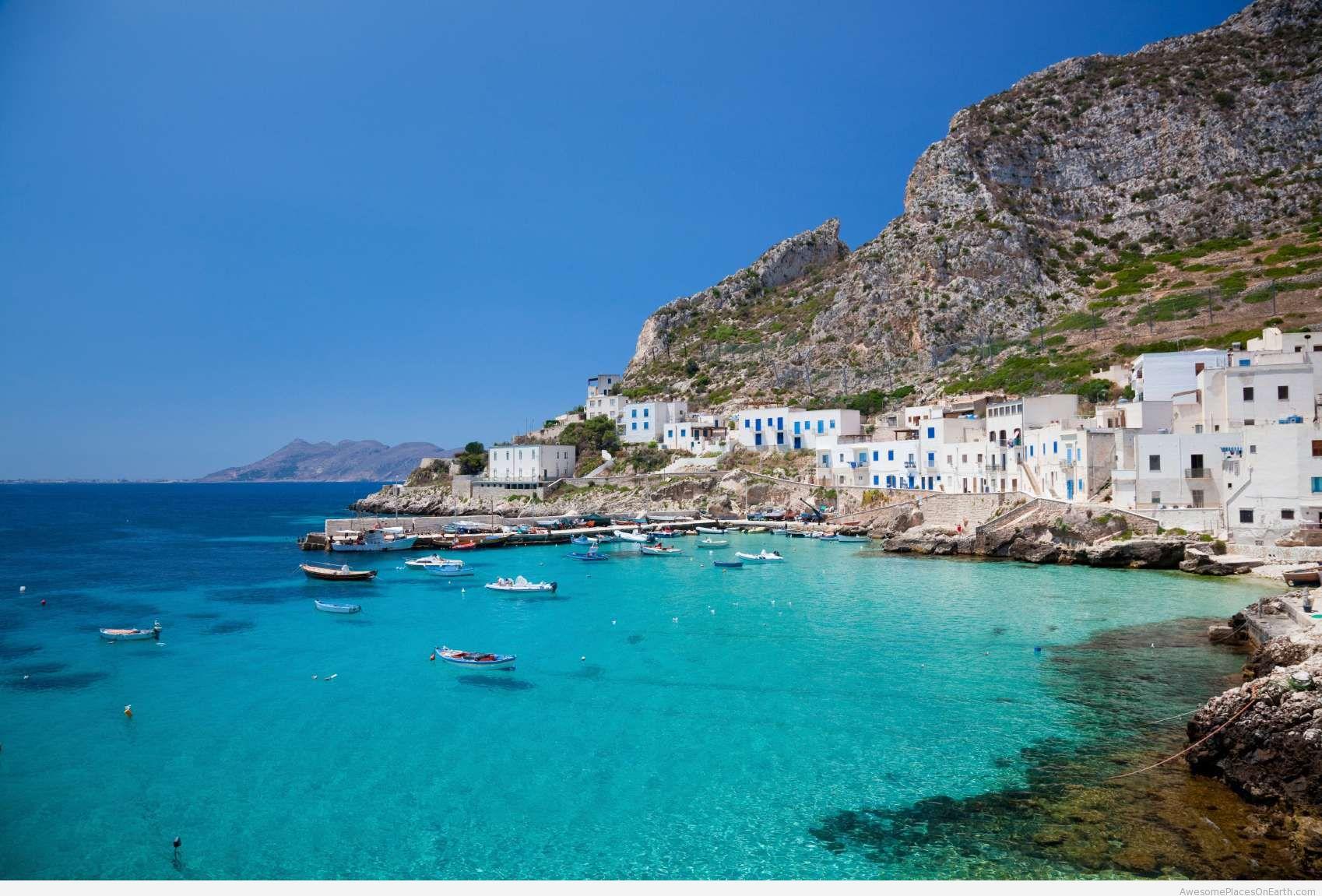
The Mediterranean Coast
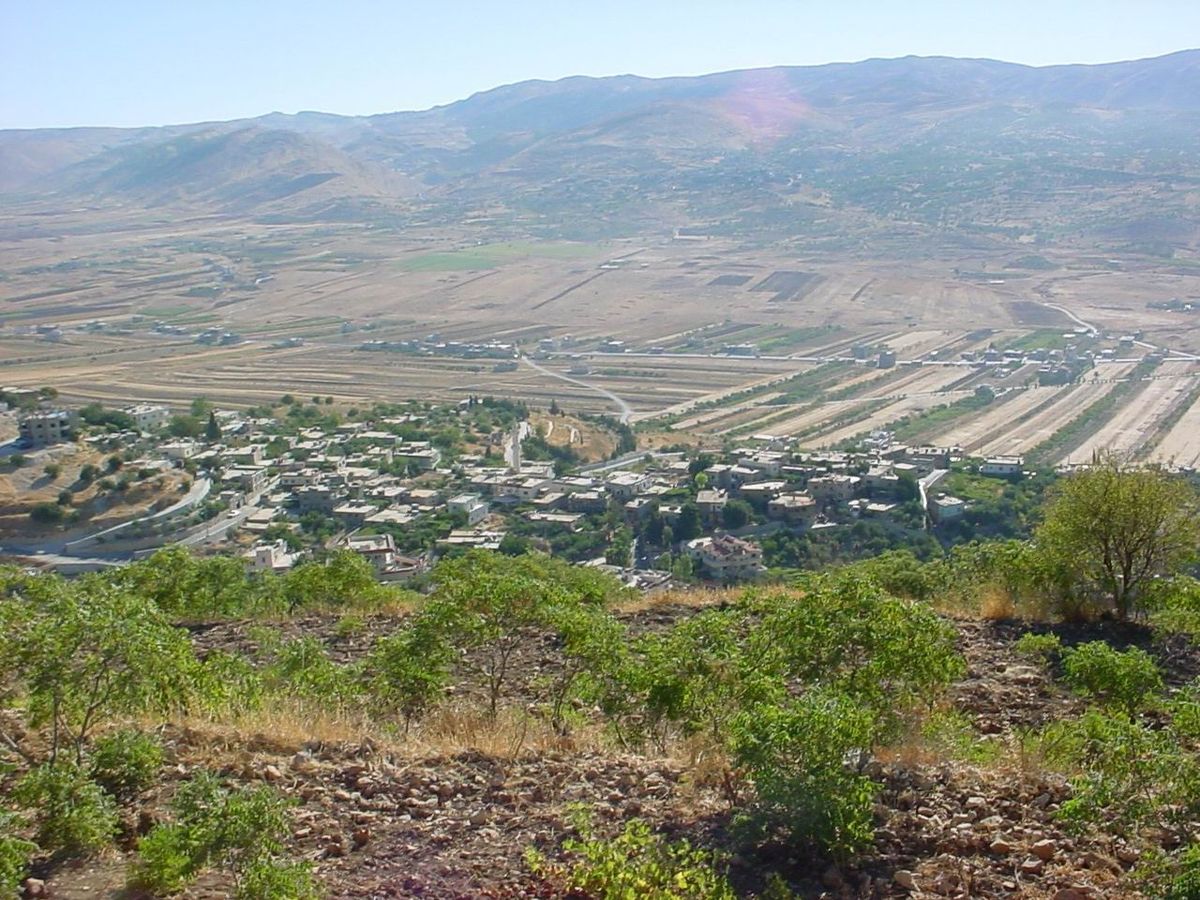
The Bekaa Valley
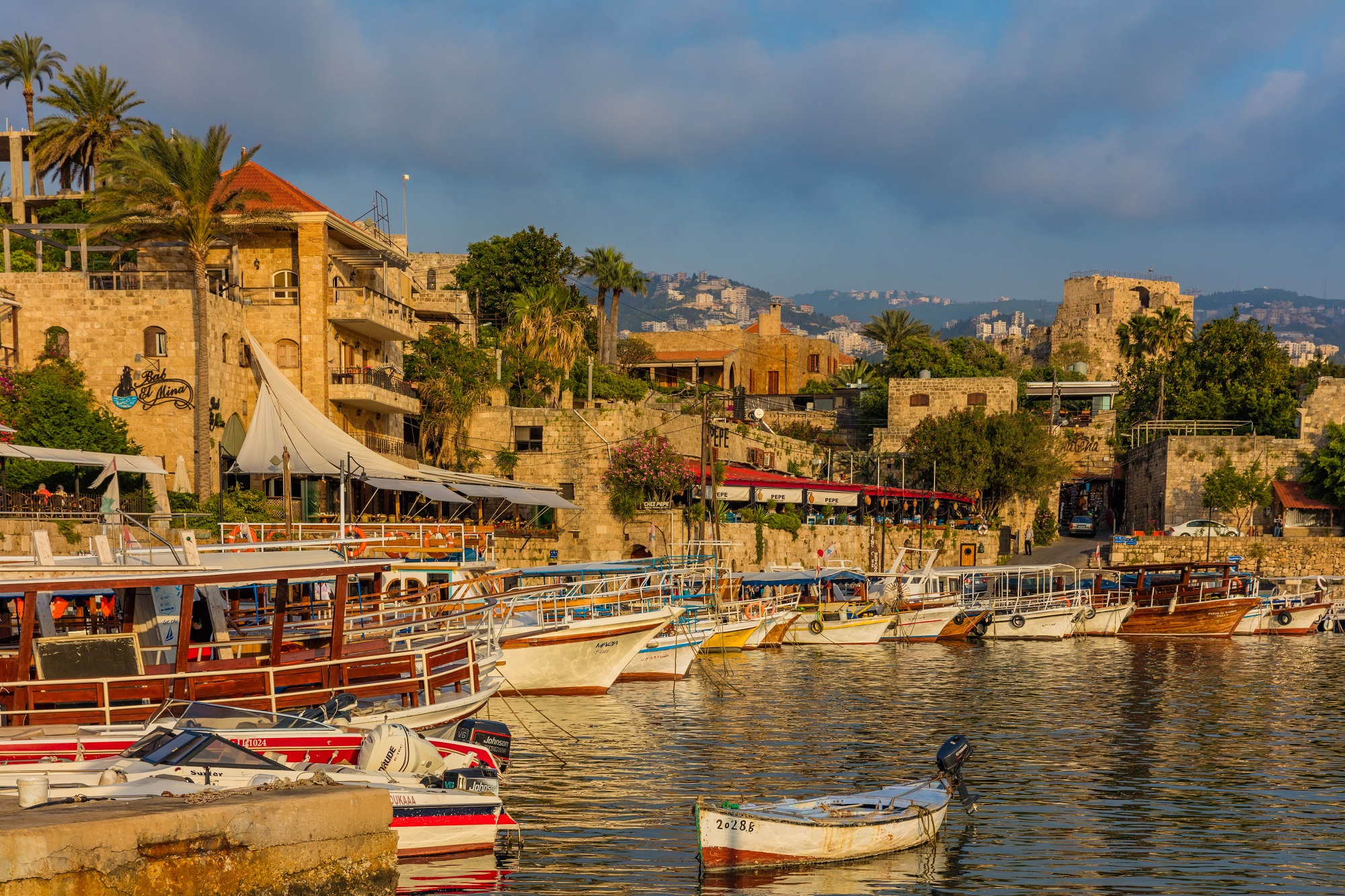
Byblos
Political
Economy and Government
Lebanon's economy has faced significant challenges in recent years. The country has traditionally been known for its banking sector, tourism industry, and diverse economic activities. However, a combination of political instability, corruption, high public debt, and regional conflicts has hindered economic growth.
The government of Lebanon operates as a parliamentary democracy with a complex power-sharing system among different religious communities. However, political divisions and a lack of effective governance have led to a gridlocked decision-making process and hindered much-needed reforms.
The economy heavily relies on services, including banking, tourism, and trade. However, the economic crisis has led to a sharp decline in the value of the national currency, high inflation, and widespread unemployment. The country has also faced severe shortages in essential goods and services.
Efforts to address the economic crisis and stabilize the situation have been met with numerous challenges. International assistance and reforms are necessary to restore confidence, improve governance, combat corruption, and promote economic diversification.
Lebanon's economic and political challenges have had significant social repercussions, leading to increased poverty rates, social unrest, and mass emigration of skilled professionals. Overcoming these challenges and revitalizing the economy requires comprehensive reforms, international support, and a stable and effective government capable of implementing necessary changes.
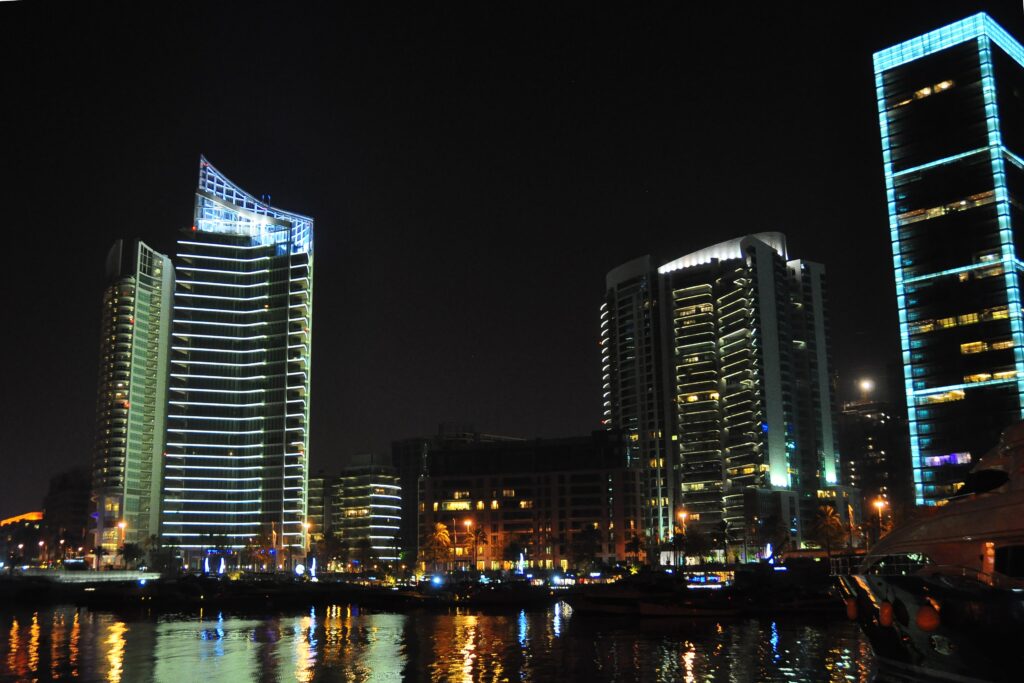
History
History and Culture
Lebanon, a small country located in the heart of the Middle East, boasts a rich history and vibrant culture that spans millennia. From its Phoenician origins to its Roman, Byzantine, Arab, and Ottoman influences, Lebanon's history is a tapestry of civilizations.
The country's cultural heritage is incredibly diverse, reflecting its unique geographical position and the intermingling of different peoples. Lebanese cuisine, renowned worldwide, combines flavors from the Mediterranean, Arab, and French culinary traditions. The country's folk dances, such as the debka, showcase the energy and joy of the Lebanese people.
Lebanon is also home to an array of ancient ruins and historical sites. The Roman temples of Baalbek, the Crusader castles of Tripoli, and the Phoenician city of Byblos are just a few examples of the country's architectural treasures.
Furthermore, Lebanon has a vibrant contemporary art scene, with numerous galleries and cultural events. The cities of Beirut and Byblos are particularly known for their lively nightlife, trendy boutiques, and cosmopolitan atmosphere.
Despite its tumultuous history, Lebanon's resilience shines through in its people and their commitment to preserving their heritage. The fusion of ancient traditions and modern influences makes Lebanon a fascinating destination for those seeking a glimpse into the captivating tapestry of history and culture.
HOTELS
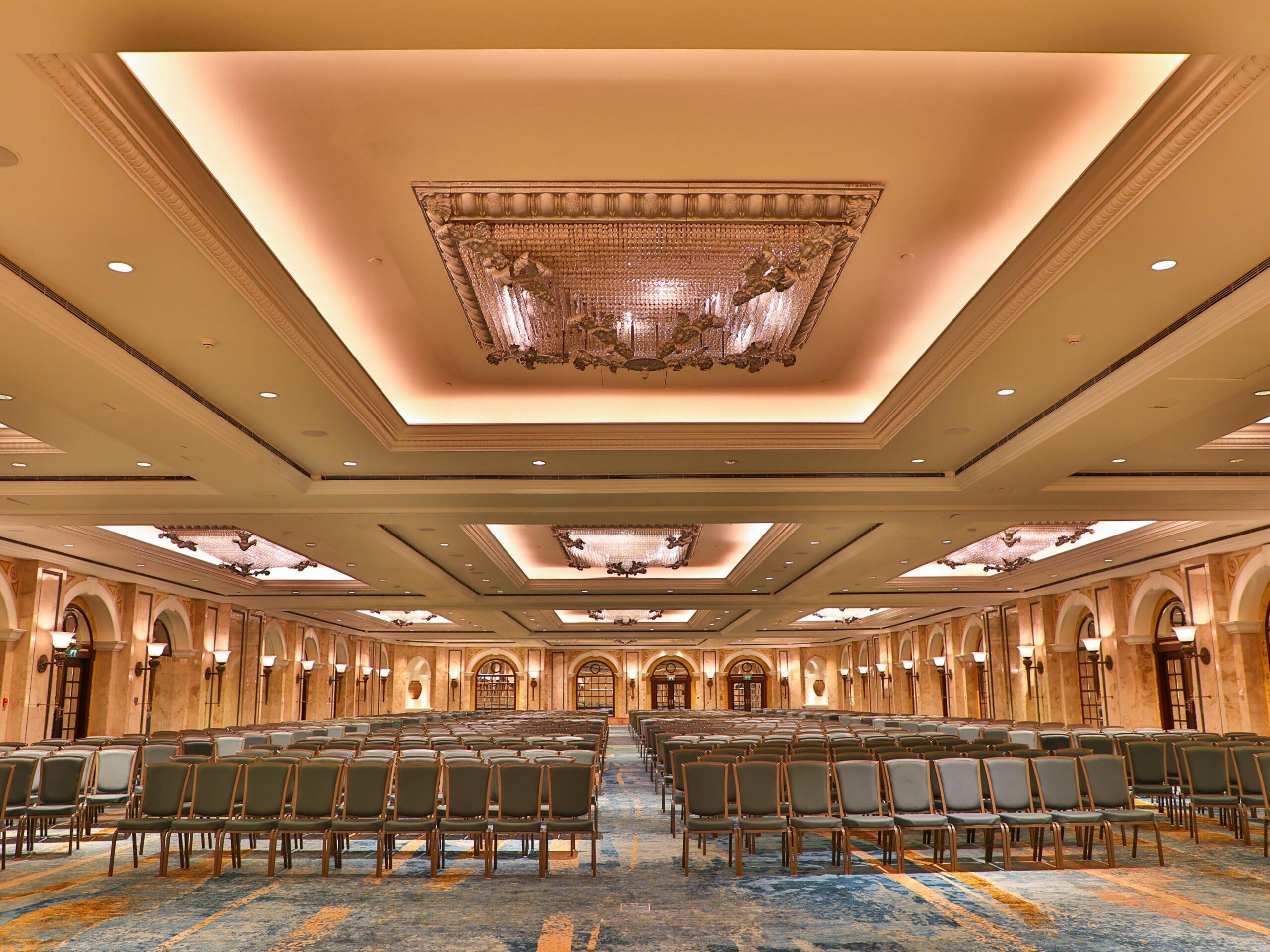
Phoenicia Hotel, Beirut
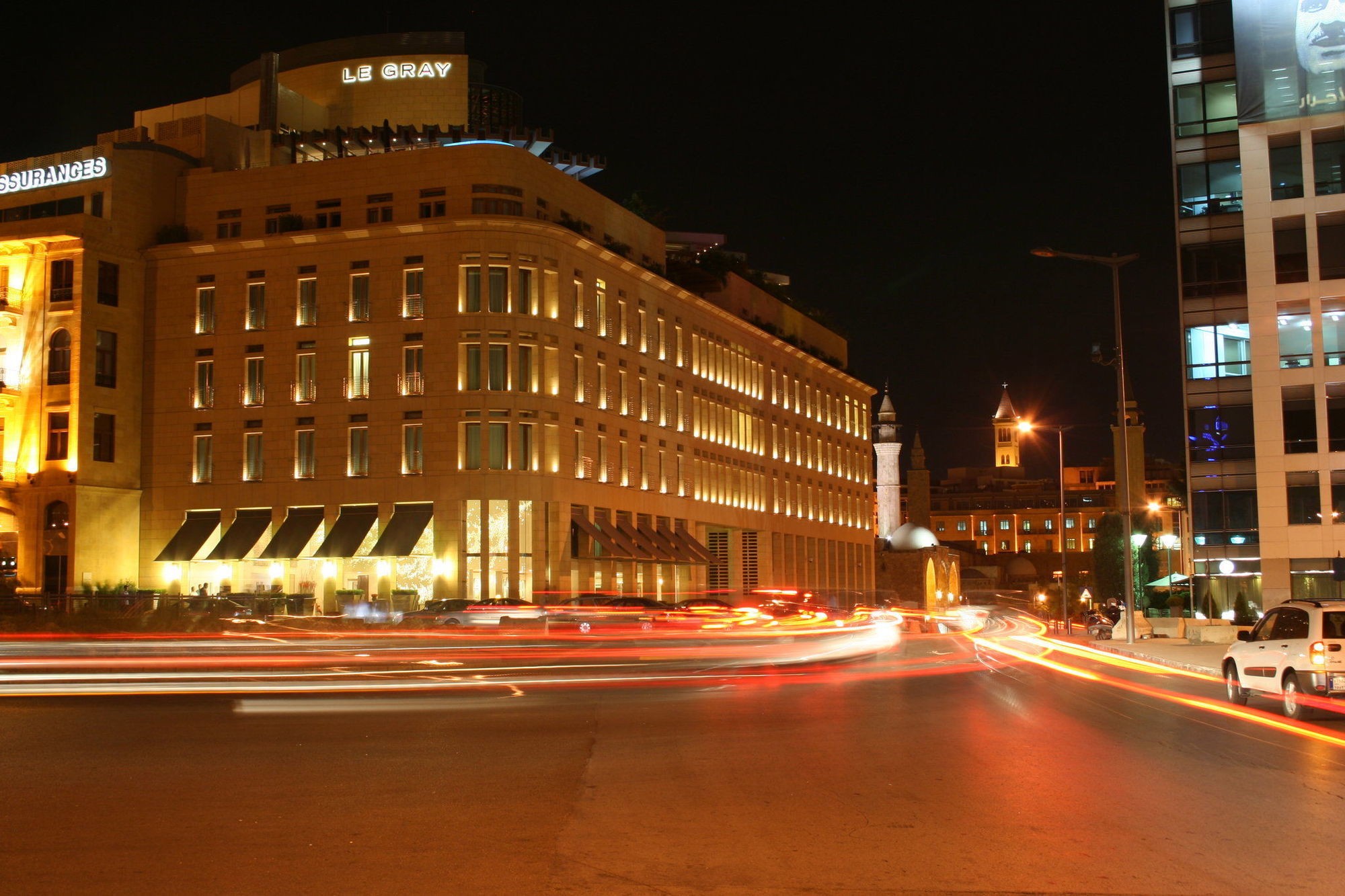
Le Gray, Beirut
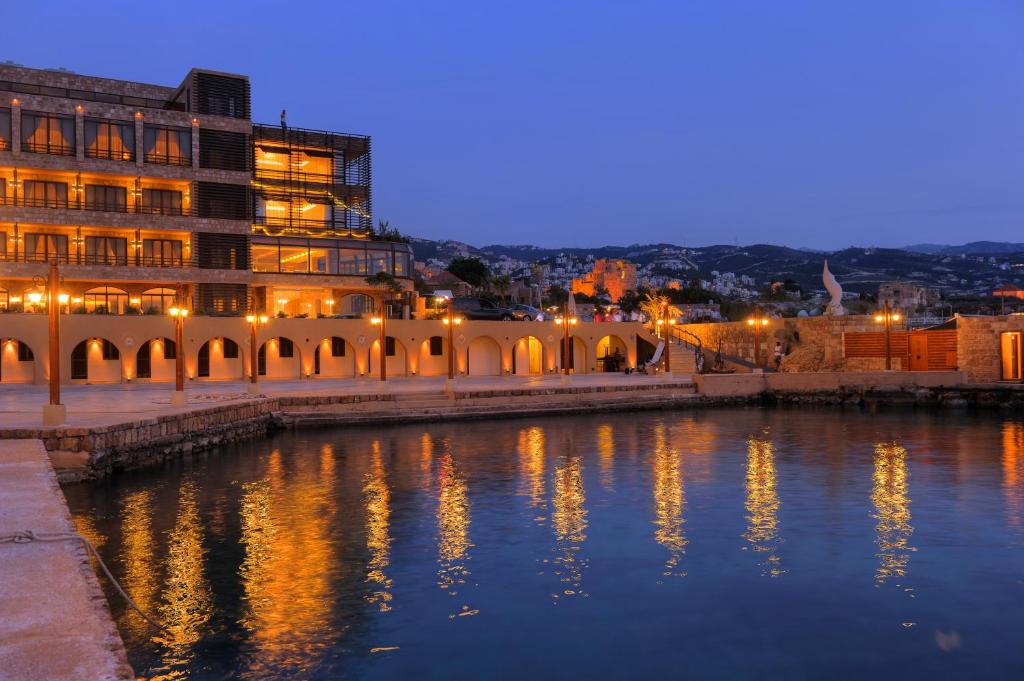
Byblos Sur Mer, Byblos
RESTAURANTS
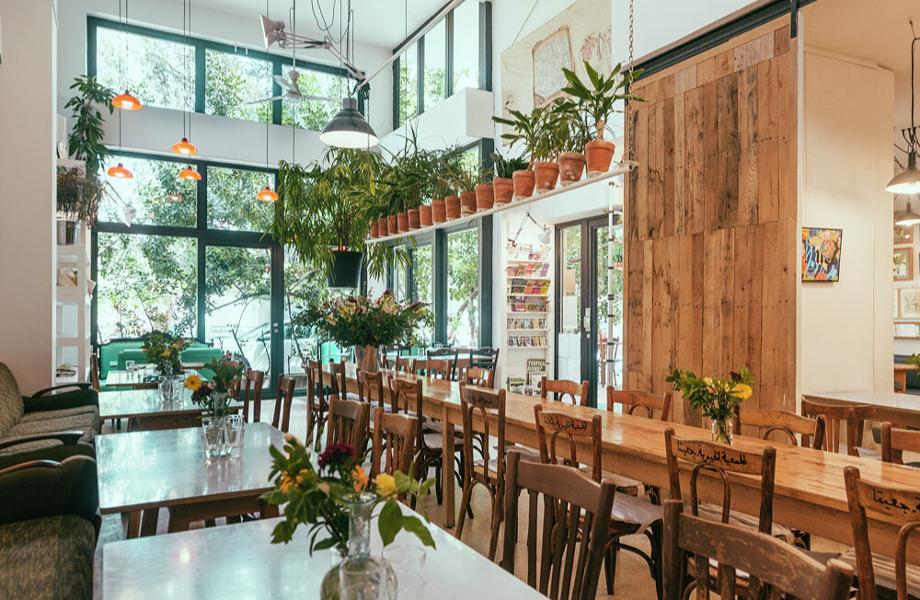
Tawlet, Beirut
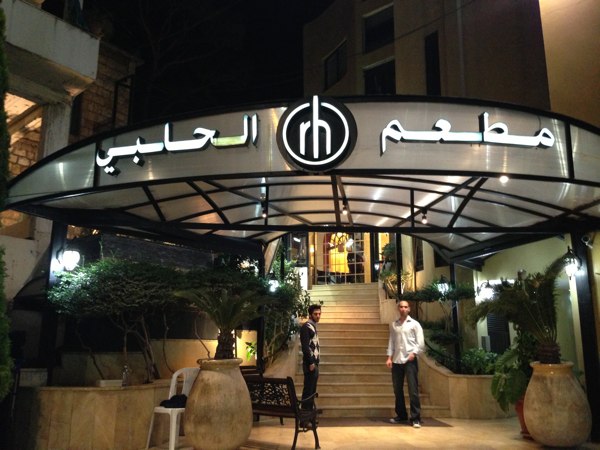
Al Halabi, Antelias
